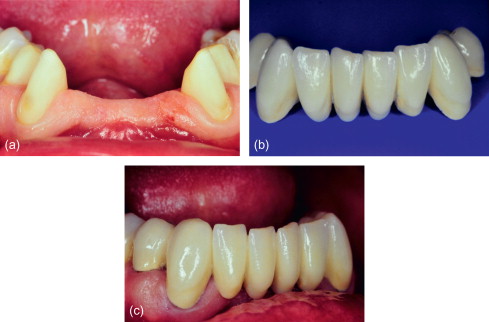
What is tooth supported FPD?
There are a lot of reasons why you might have a missing tooth. Age, past injuries, and extraction can be among the factors. But having a tooth lacking can give rise to a lot of dental complicacies like chewing problems, speech issues, repositioning of upper gums if the missing tooth is in your lower jaw, and so on. One of these might by why a dentist has suggested you a tooth supported FPD. But what is that really?
An FPD is a fixed partial denture. This is a method used to restore missing tooth with prosthetics like bridges and crowns. An FPD is usually called a bridge in informal circles.
What are the types of tooth supported FPD?
If you are visiting a dental specialist near you they will advise you on the type of FPD that will suit your needs. There are several types of tooth supported FPDs.
- Depending on the location of the FPD, there can be an anterior or a posterior FPD.
- Depending on the material, there can be resin veneered, all ceramic, metal ceramic, or cast metal FPDs.
- Depending on the adjacent teeth, there can be minimal, conventional and hybrid preparation bridges.
- Depending on the support, there is implant supported FPD, resin bonded FPD, and finally, tooth supported FPD.
Tooth supported FPD further can be of two types: cantilever FPD and rigid FPD. Rigid FPD is the conventional type of fixed partial dentures.
Cantilever fixed partial dentures restore the tooth on one end and is unsupported on the other end.
Rigid or conventional fixed partial dentures completely restore the missing tooth and join both the pontic and the retainer.
Call 1800 102 0288 to request a booking at Apollo Dental – Gurgaon
Who needs a tooth supported FPD? What are the benefits of FPD?
Missing and damaged teeth are the reason one needs a fixed partial denture. Getting an FPD from the best dental clinic in Gurgaon will help you restore your missing teeth for a bright, healthy smile, better chewing and eating experience, speech improvement, and preventing shifting of teeth that can lead to periodontal issues, biting problems and temporomandibular joint problems (TMJ) in your jaw.
You can go to the best dental clinic in Gurgaon or call 1800 102 0288 to request a booking at Apollo Dental – Gurgaon.
There is a very less medical risk to getting a fixed partial denture. However, invasive treatments such as these can be uncomfortable for sensitive patients. Bone loss and root fracture are considered risks that are associated with getting an FPD.
Getting a fixed partial denture can cost from Rs. 5000 – 500000 depending on the type of treatment you are getting. Material, number of replacements, and position are some factors that affect the cost.



















































